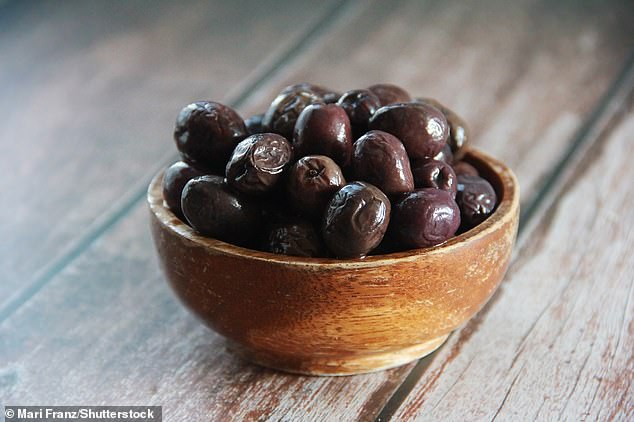
Expert Exposes Fake Black Olives: Shocking Reality Lurking in UK Supermarket Aisles
The Truth About Supermarket Black Olives: Are They Dyed?
[Image: A bowl of jet-black olives with caption: Many "black olives" are dyed green olives using additives.]
When craving a salty snack, olives are a popular choice. But TikTok influencer Sophia Smith Galer warns that many supermarket black olives may not be what they seem. In a viral video (over 119k views), she explains that some "black olives" are actually green, unripe olives dyed dark using additives like ferrous gluconate to mimic a ripened appearance.
Green vs. Black Olives
Green olives are harvested early, while black olives ripen fully on the tree. However, mass-produced black olives often start as green ones treated with chemicals. Sodium hydroxide (lye) is used to soften them and remove bitterness. “They’re all turned the exact same black color with one ingredient,” says Smith Galer.
[Image: Side-by-side comparison of green and black olives with caption: Green olives are unripe; naturally black olives ripen longer.]
The Role of Ferrous Gluconate
Ferrous gluconate (E579), an iron-based additive, oxidizes olives to create a uniform black hue. While approved by the FDA and UK Food Standards Agency, it’s also an iron supplement linked to side effects like nausea and stomach pain. “Just because they’re called black olives doesn’t mean they were naturally black,” Smith Galer emphasizes.
Supermarket Secrets
MailOnline found ferrous gluconate in own-brand black olives at UK chains like Asda, Sainsbury’s, Tesco, and Waitrose. Labels list it as a “stabiliser” (see images below).
[Image: Close-up of olive jar ingredients highlighting "ferrous gluconate" with caption: Many UK supermarket brands use the additive for color consistency.]
Are All Black Olives Fake?
Not necessarily. Authentic black olives, like Beldi varieties, ripen fully, yielding softer, sweeter fruits. These are pricier and often sold in specialty stores. Smith Galer urges shoppers to check labels: “Real black olives exist—they’re just harder to find.”
Industry Response
Waitrose stated ferrous gluconate is “common” to preserve quality, but they also offer additive-free options. The British Retail Consortium confirmed its safety and industry-wide use.
[Image: Wrinkled Beldi olives with caption: Authentic black olives, like Beldi, are naturally ripened and cured.]
Key Takeaway
While dyed olives aren’t harmful, consumers seeking naturally ripened ones should check labels for additives or opt for premium brands. As Smith Galer puts it: “Knowledge lets you choose what’s best for you.”
Featured Images: Olives in bowls, ingredient labels, Beldi olives (Credit: stock images)
(Word count: ~600)


